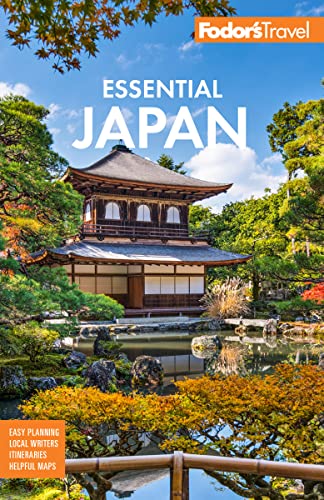Japanese Pop Culture
Step onto the streets of Shibuya—or brave the crowds of preening high-school fashionistas populating Harujuku’s Takeshita-dori—and you’ll get a crash course on Japanese pop culture that extends way beyond familiar exports like Hello Kitty and Godzilla. Japanese pop culture has long been a source of fascination—and sometimes bewilderment—for foreign visitors. New fashion styles, technology, and popular media evolve quickly here, and in something of a vacuum.
That leads to a constant turnover of unique, sometimes wacky trends you won’t find anywhere outside Japan. Immerse yourself in the latest fads by walking through neighborhoods like Shibuya, Shimo-Kitazawa, Harujuku, and Akihabara.
Did You Know?
There are around 5 million vending machines in Japan, making it the densest population of machines per capita anywhere in the world. Here automated machines sell everything from hot drinks to live lobsters. Some use facial recognition to verify age for tobacco and beer and even offer indecisive customers age-appropriate drink recommendations.
Kawaii
Kawaii, or "cute," is an aww-inducing aesthetic you’ll see all over Tokyo; major airlines plaster depictions of adorable animation characters like Pikachu across the sides of their planes, and even at local police stations it’s not unusual for a fluffy, stuffed-animal mascot to be on display. Duck into an arcade photo booth to take purikura—pictures that let you choose your own kawaii background—or head to Sanrio Puroland, an entire theme park dedicated to cuteness.
J-Pop Idols
The age of the pop group is not over in Japan. "Idol" groups are still popular. Over-the-top outfits, sugar-sweet synthesized beats, and love-professing lyrics (with the occasional English word thrown in) dominate the Japanese pop charts. AKB48, one of Tokyo’s hottest groups of idols, is 114 girls strong. AKB48's own theater complex in Akihabara hosts performances or other events almost daily. Beloved pop groups like all-male SMAP have been pumping out hits for more than 20 years.
Anime and Manga
Animation (anime) and comic books (manga) are extremely popular with readers both young and old. Comic book addicts, known as otaku, claim Tokyo’s Akihabara as their home base. Though otaku can be translated as "nerd" or "obsessive," the term has been embraced by some. Former prime minister Taro Aso declared himself an otaku and confessed to reading 10 to 20 manga a week.
Video Games
Japan is the cradle of the video game industry, and ever since the early 1970s it's been a dominant force in the gaming market. As companies like Namco gave way to Sega, Nintendo, and Sony, the gaming systems also continued to evolve and become more sophisticated. Like manga and anime, games enjoy a mainstream following. If you're a gamer, you'll be happy to find games that are unreleased in the United States alongside rebooted classics like The Legend of Zelda and Super Mario Bros.




